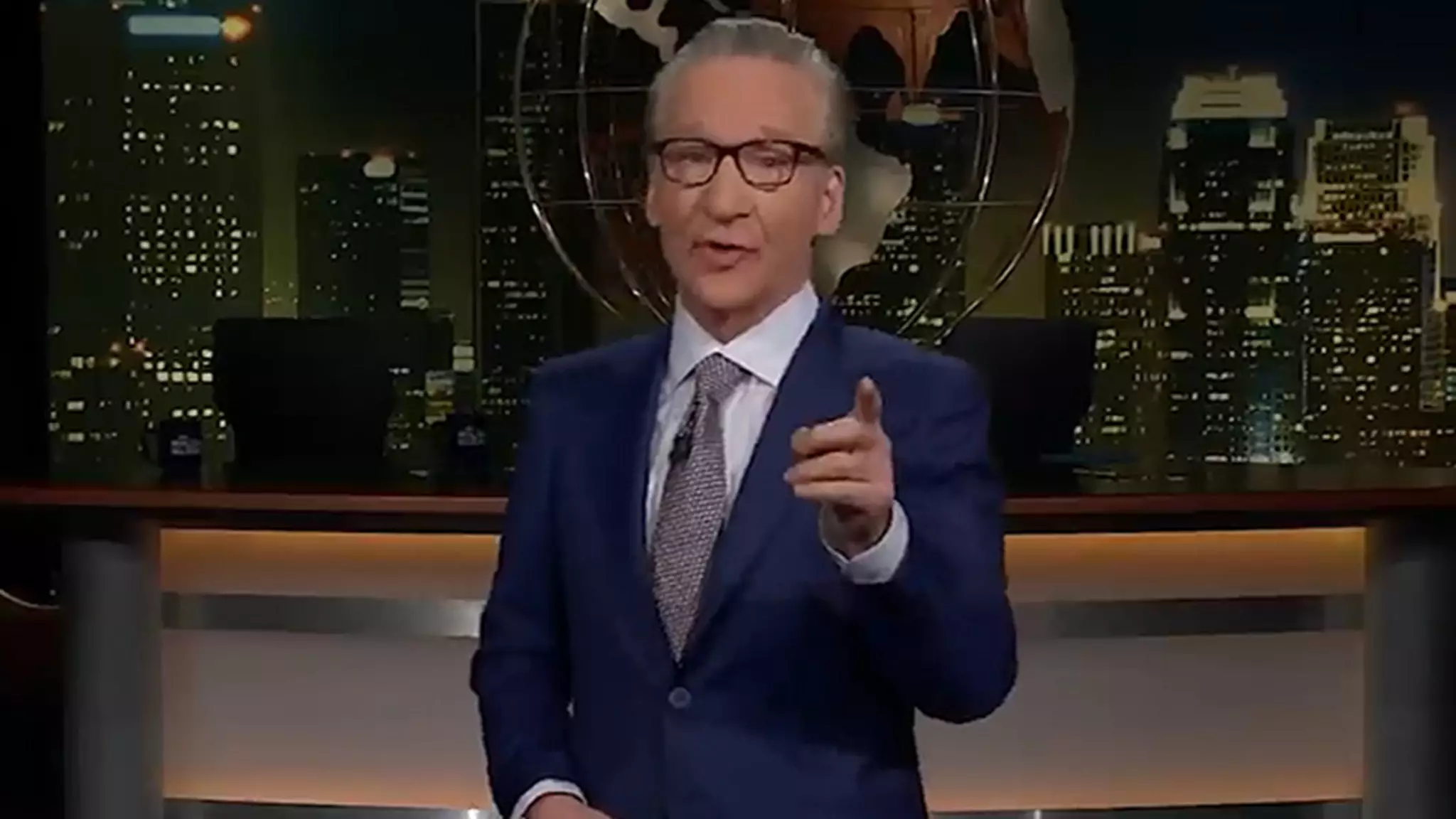When Bill Maher dined with Donald Trump at the White House a couple of weeks ago, it sent ripples through the political discourse, primarily due to Maher’s strikingly positive portrayal of Trump. The “Real Time” host immediately dubbed Trump as charming and self-deprecating, leading him to conclude that the authentic Trump is someone who can be quite likable. This perspective challenges the traditional views held about the former president, and it raises the question: is there truly a distinction between the man and the persona he projects to the public?
Performers on Different Stages
Drawing from his extensive experience in the entertainment industry, Maher claims he has developed a keen intuition for reading people. He asserts that after 40 years of performing, he can discern authenticity. This relationship between Trump and the stage is illuminating; Maher suggests that the man he met is akin to a captivating performer stepping away from a tightly controlled script. The notion that Trump could be adept at embodying a character while simultaneously being charming in a personal setting contradicts the prevailing narrative of the abrasive, often impulsive public figure.
However, many critics argue that this portrayal simplifies the complexities of Trump’s character. Trump’s charisma may indeed shine in intimate settings, but those who have delved deeper into his personal life hint at a different truth. Reports from individuals close to Trump depict a man whose charm is an artifice, carefully constructed to serve his interests. They contend that behind the gleaming exterior lies a tendency toward vengefulness and a severe reaction to critique—a stark contrast to Maher’s description of a self-confident leader who welcomes constructive feedback.
The Fine Line Between Authenticity and Performance
The crux of Maher’s argument revolves around the idea that Trump’s public persona is a consciously enacted role. This characterization does provoke curiosity; it makes one wonder whether he is a multifaceted individual who cleverly adapts his behavior to various audiences or simply a chameleon whose true self is obscured by layers of performance. Could it be that public figures, especially those as polarizing as Trump, inherently adopt different personae? This concept of a “public self” versus a “private self” has long been a subject of psychological intrigue, with the media often falling prey to the narratives constructed for public consumption.
Conversely, the backlash from social media users highlights the stark divides in political impressions and beliefs. Maher’s assessment appears to some as either aspirational or dangerously naïve. Many vehemently dismiss the idea of an approachable, likable Trump, instead painting the picture of a man who expertly leverages his charm as a manipulative tool. Such opposing views only emphasize the persistent schism in American society regarding political figures.
The Tug-of-War of Perspectives
The dialogue surrounding Maher and Trump is emblematic of a larger conflict within the public realm—a struggle between the need for genuine human connection and the ever-present specter of mistrust. The ramifications of such encounters extend beyond mere dinner table chatter; they delve into how we perceive leadership and authenticity in our political leaders. As opinions clash and narratives intertwine, we are left grappling with a salient truth: understanding public figures is seldom straightforward, and the line between admiration and skepticism may blur, leaving us questioning what is truly real. Ultimately, Maher’s portrayal is both a bold assertion of an alternative viewpoint and a flashpoint amid an ongoing cultural battleground.

